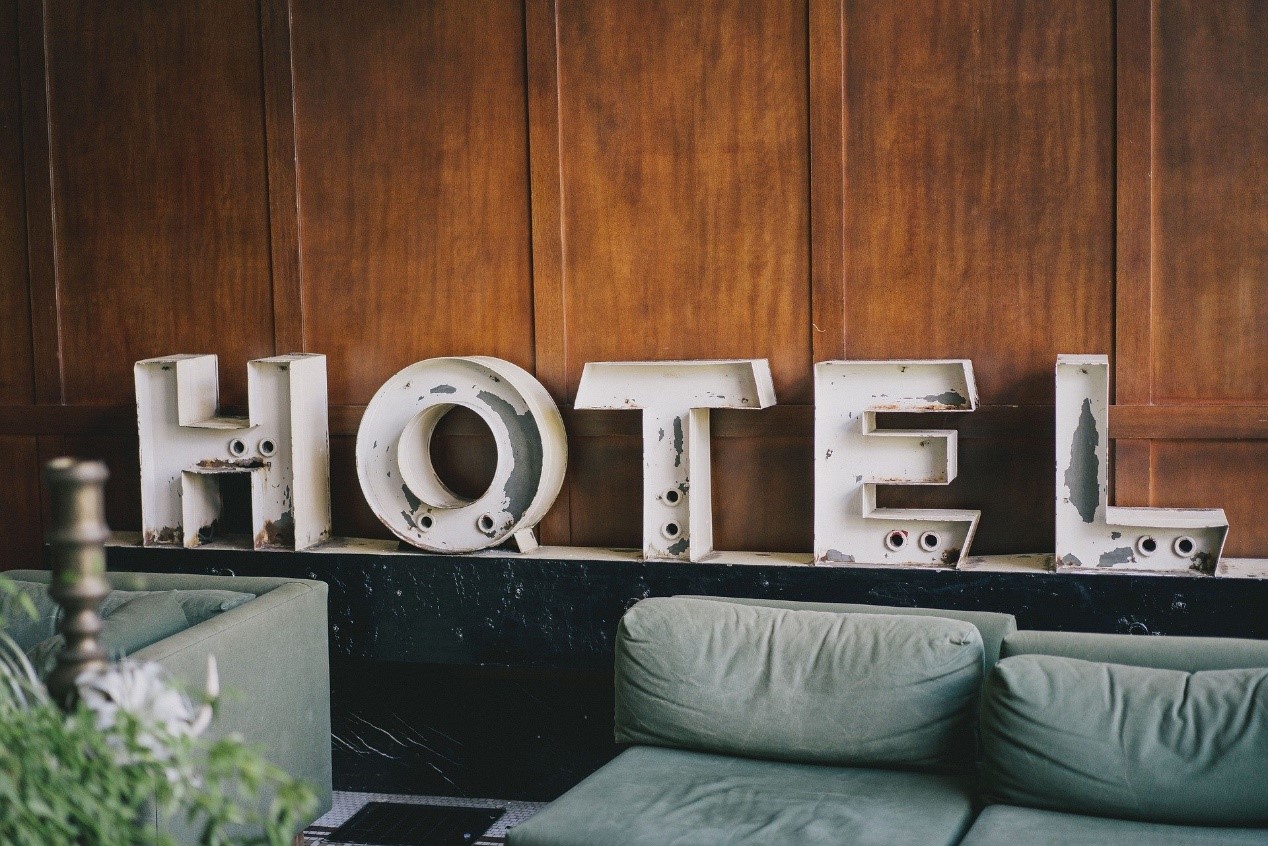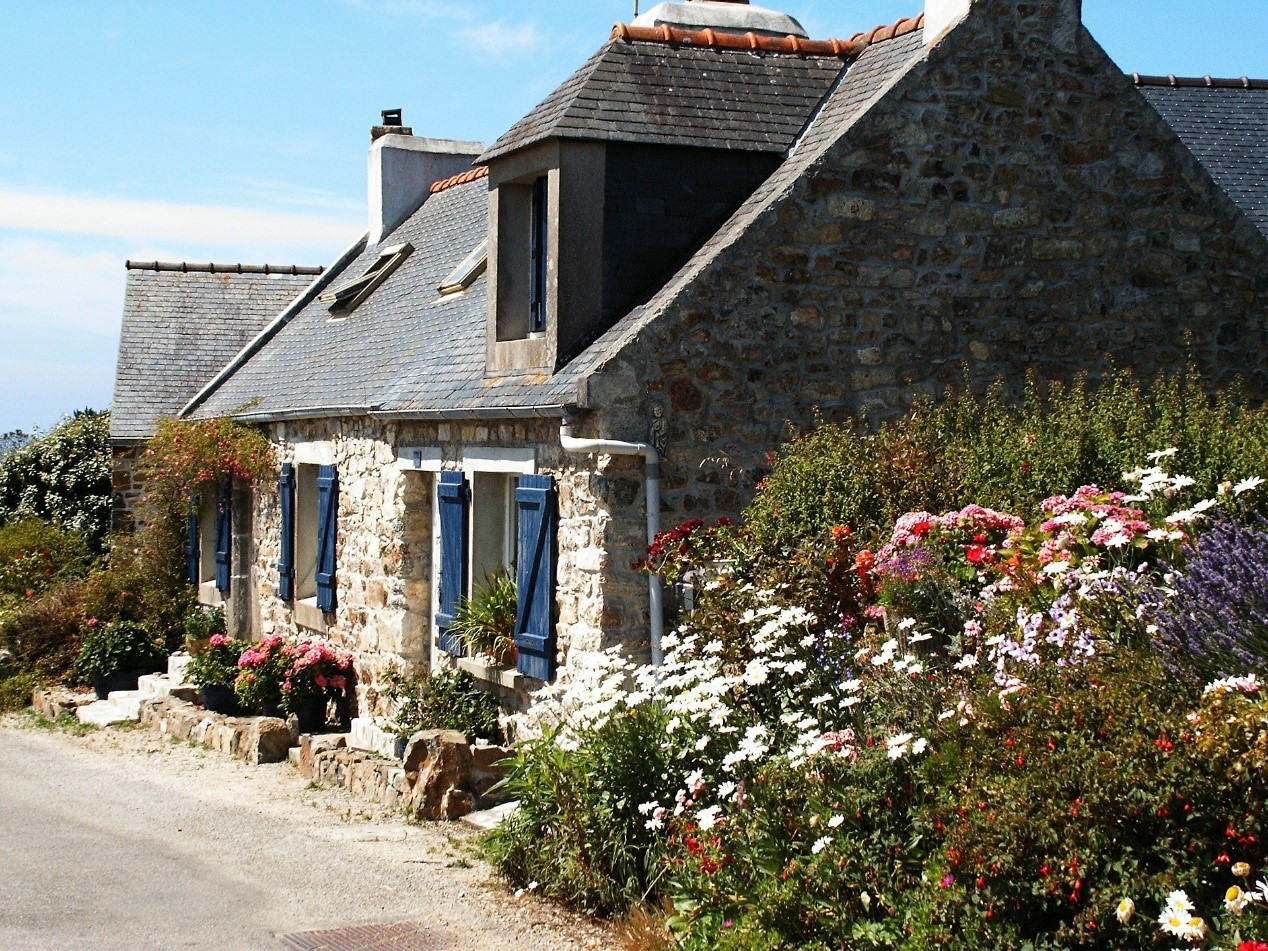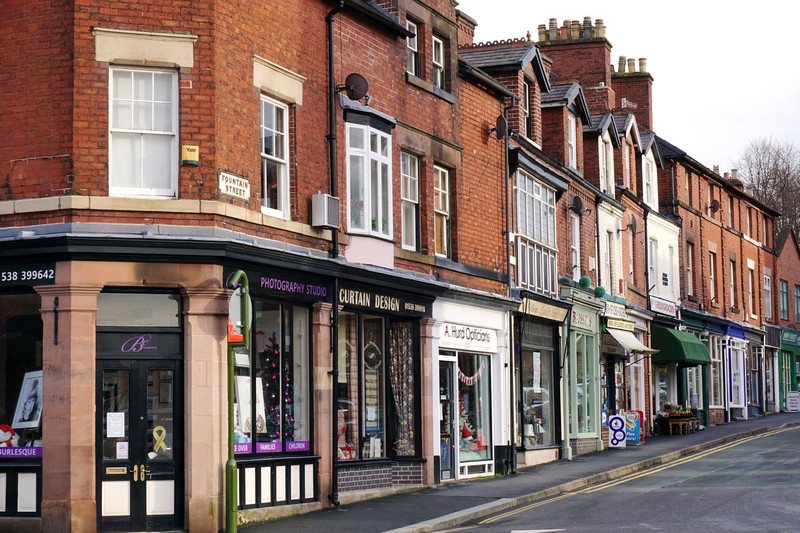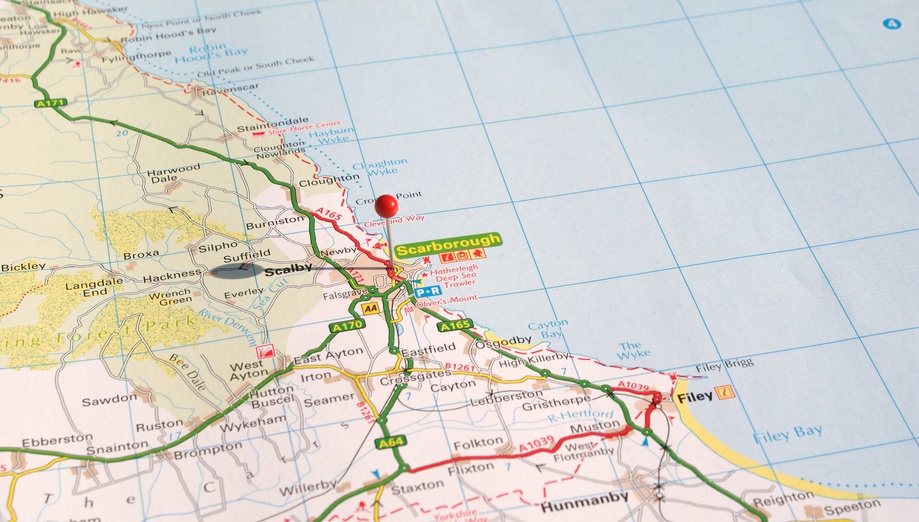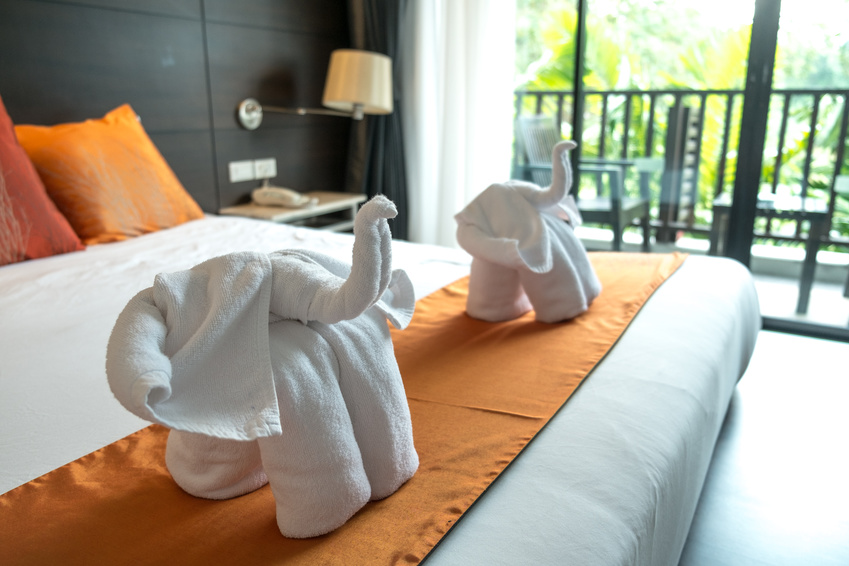Running a guesthouse can be rewarding and fun, not to mention a great way to make money from your property without having to sell it.
However, it’s important to keep in mind that running a guesthouse is a big commitment, and there are rules to follow and standards to meet.
Here are just some of the things you need to consider if you’re thinking of turning your home into a guesthouse.
Starting a guesthouse business
Get The Relevant Permissions
Before you can open your guesthouse, you’ll need to acquire the relevant permissions, so your first step should be to contact your local council to see what is legally required.
If you’ll be carrying out building work on the property, you may need to apply for planning permission. Regulations change frequently and vary depending on where your property is located, so be sure to check in with your local planning office.
Even if you aren’t making any structural changes to the property, you might need to complete a change of use application before you can open your home as a guesthouse. Again, ensure you check these details with your local council.
You’ll also need to comply with fire and gas safety legislations, as well as food standards if you’re planning on serving any meals on the premises. Find out more by contacting your local environmental health department.
Finally, make sure you contact your mortgage provider and insurer. You may need to update your policy and will need to switch your existing mortgage to a commercial mortgage.
Fit Out The Guest Rooms
Once all the relevant permissions are in place, you’ll need to ensure that your property is up to the job of hosting visitors. That means properly furnished bedrooms with facilities including WiFi, TVs, storage space, and tea and coffee making facilities. Today, most guests will also expect their room to come with an en suite bathroom.
If you’re offering breakfast or other meals at your guesthouse, you’ll need a dining room where your guests can comfortably enjoy their meals.
Finishing touches such as bathrobes, slippers, and washing products can go a long way to ensuring your guests have a memorable experience.
Market Your Guesthouse
If you want to promote your guesthouse effectively, a good website is essential – make sure it’s responsive on all devices, appealing, and optimised for search engines such as Google. Social media platforms like Facebook and Instagram are also useful ways to market your guesthouse successfully.
Running Your Guesthouse
Running a guesthouse can be immensely enjoyable and rewarding, but you’ll also come up against several challenges.
One thing to always keep in mind is that this isn’t just a hobby, you’re running a business and it’s important to approach every aspect of your guesthouse with a business mind to ensure that it is a success.
That’s not to say you shouldn’t have fun! Part of the attraction of running a guesthouse is the interaction with guests, building lasting friendships and ensuring visitors get the most out of their stay.
Running a guesthouse is flexible – you can choose when you want people to stay and when you’d rather have the space to yourself. But it’s important to set boundaries if you want to avoid working 24/7 and burning out. Have house policies in place, including setting out the times breakfast will be available and when reception service will be provided.
Get In Touch
If you’re thinking of turning your home into a guesthouse, get in touch. We can help you find the most effective way to re-finance or release capital to launch your guesthouse.




